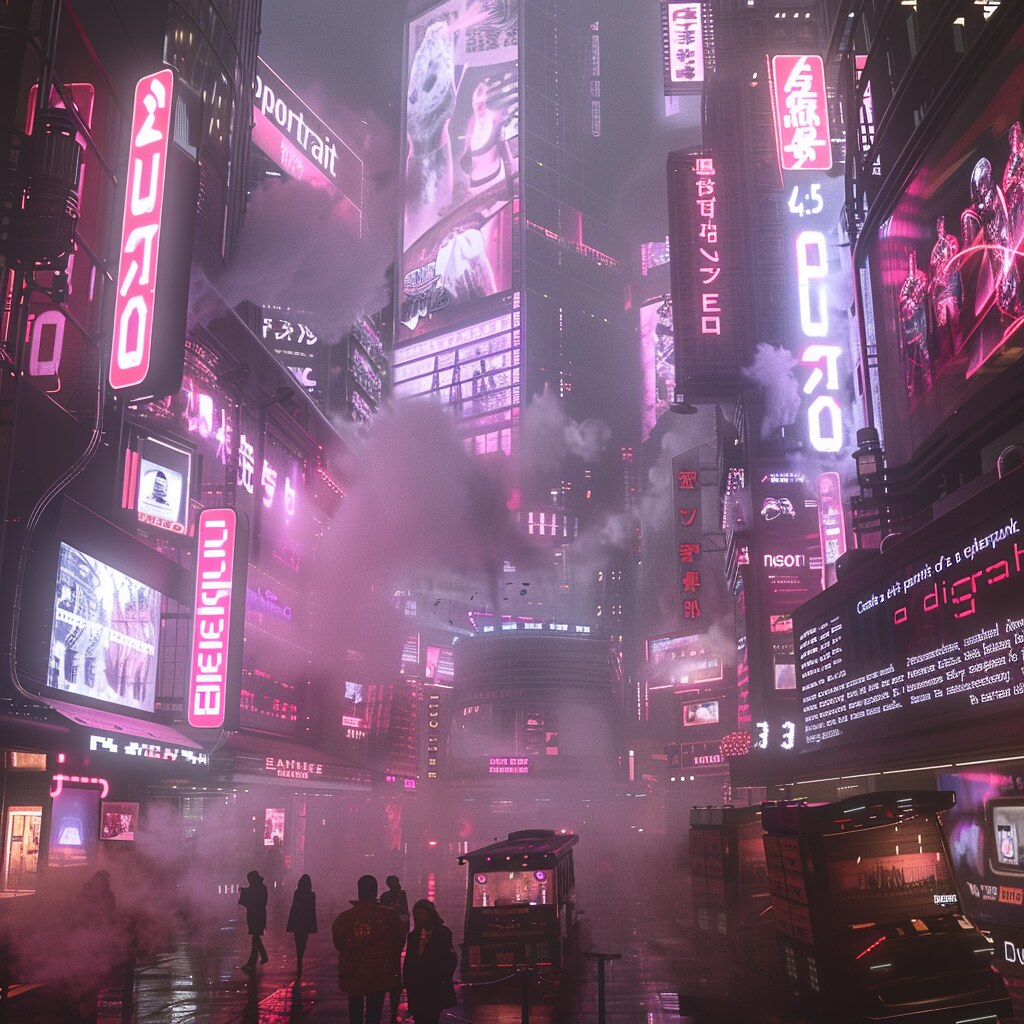In Blade Runner, the Tyrell Corporation is an example of unchecked power and greed. The company creates replicants while ignoring the moral and ethical implications of what they do. The motto “More human than human” shows the need for the corporation to surpass humans no matter the cost. Comparing the corporation to the corporation of today it’s hard not to think we are going in the same direction. I think that although the film showed real concerns about oppressive corporations, I believe that it’s more of a warning than a future prediction.
In the film, replicants are designed to serve humanity but are treated as expendable commodities rather than actual beings. With no rights they’re essentially tools for labor and entertainment. This mirrors real-world issues where human rights are often secondary to corporate interests. For instance, companies in fast fashion like sweat shops that frequently exploitative labor of people, particularly in developing countries. Workers endure poor conditions and low wages in order to keep costs down, much like the replicants in Blade Runner who are exploited for maximum efficiency.
Today’s corporate giants, especially in tech, exhibit some traits that feel like the Tyrell Corporation. Companies like Amazon and Facebook hold massive influence over economies, governments, and even individual lives. For example, Amazon has been criticized for treating its warehouse workers unfairly and subjecting them to harsh conditions. Also, Meta has been accused of putting profit over individuals. These examples show that modern corporations sometimes prioritize growth over morals and ethics, much like the Tyrell Corporation in the film. The Tyrell Corporation serves as a powerful warning about what happens when companies are left unchecked. While the aspects of exploitation and prioritizing profit over people resonate with today’s issues, the future it presents isn’t inevitable. Instead, it’s a warning of what could happen if we don’t hold corporations accountable for their impact on society.






